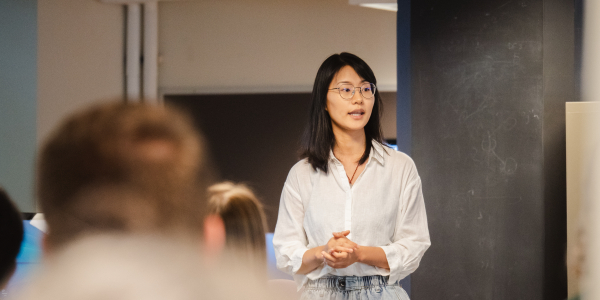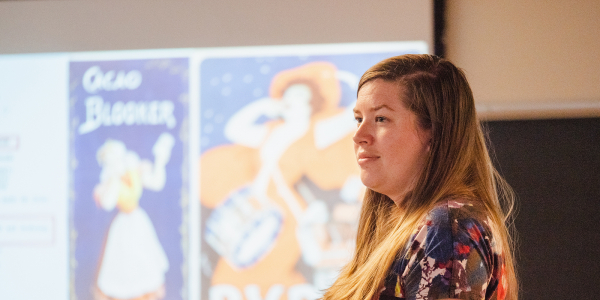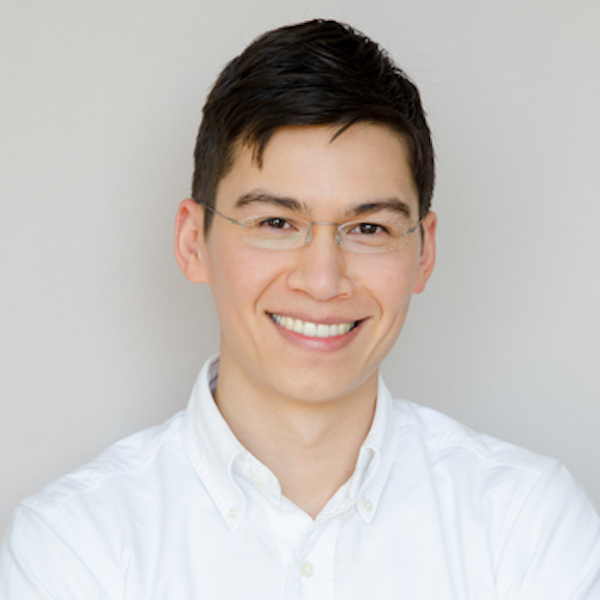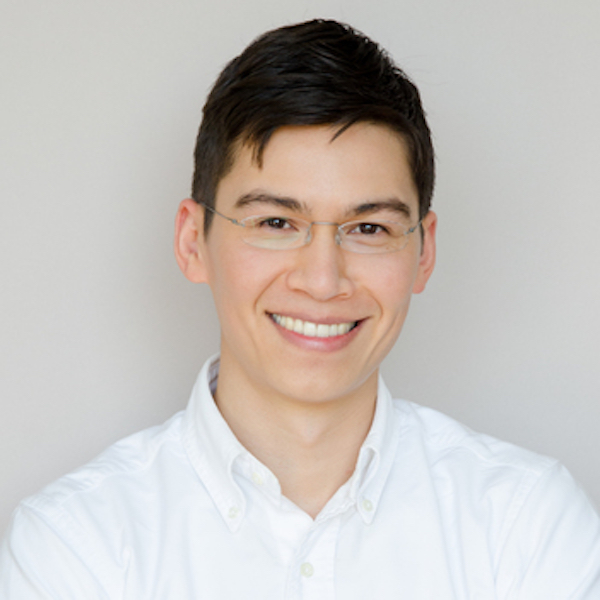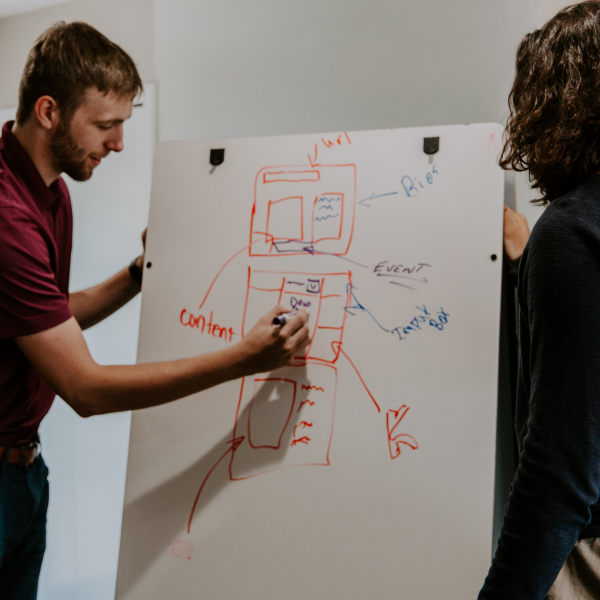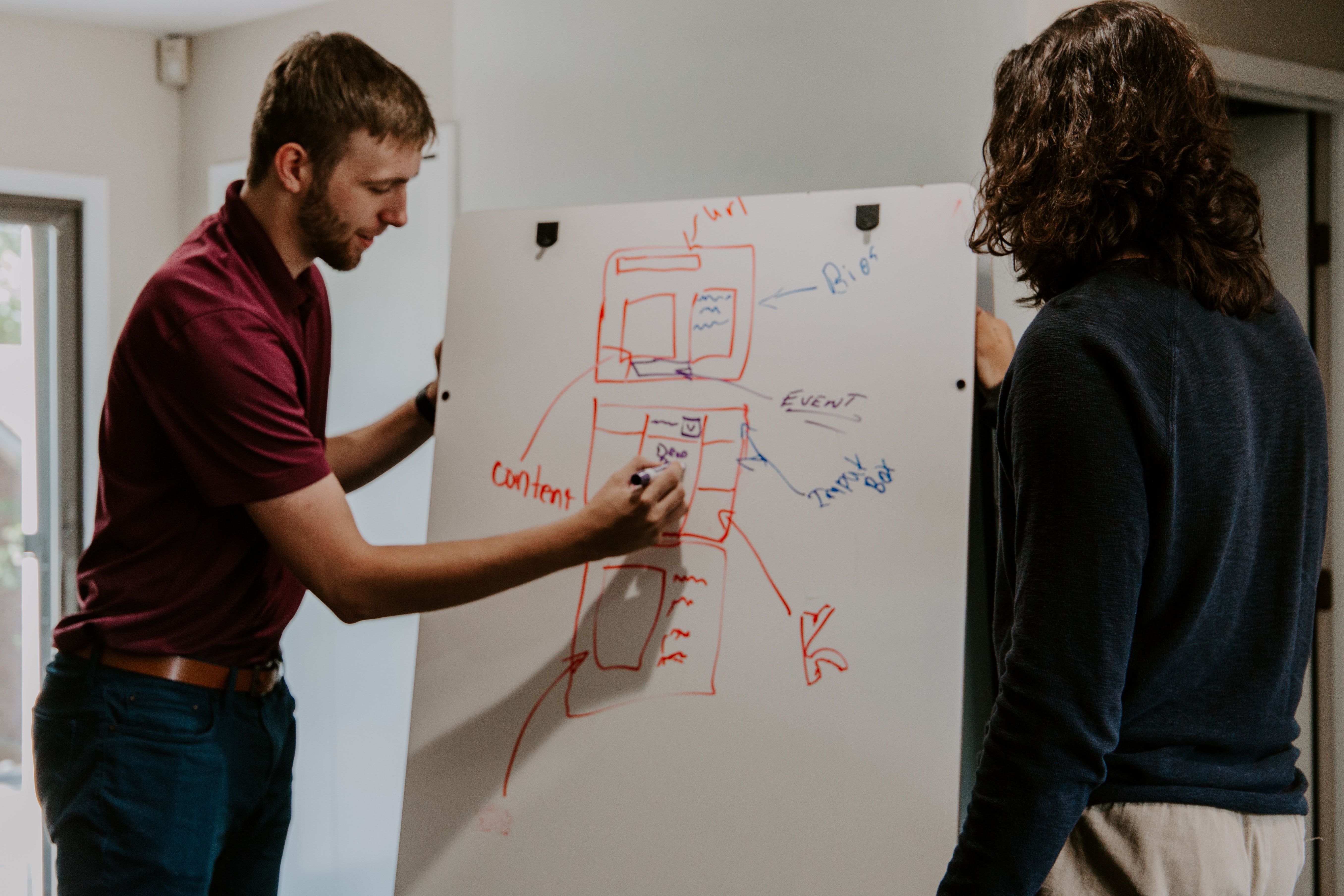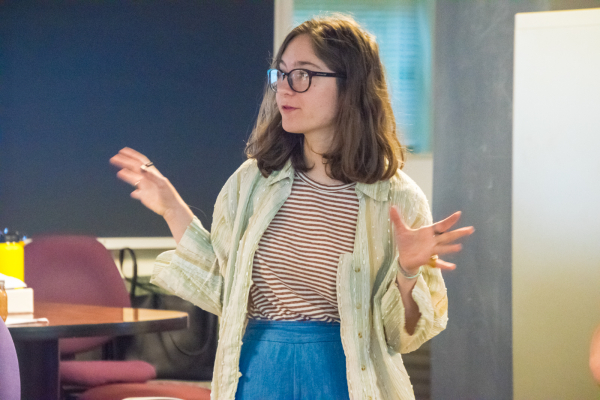The HDW provides opportunities for undergraduate and graduate students to participate in research projects led by Washington University faculty. For information, please email Douglas Knox with a short description of your interest in the program.
Past participants have found it a valuable professional development opportunity. Recent projects have included:
- St. Louis Integrated Database of Enslavement (Carl Craver, Philosophy, and Kelly Schmidt, AFAS)
- Gender Violence Database (Jami Ake, IPH)
- The Qing Emperor's Hindustan Jades (Kristina Kleutghen, Art History)
- Greek Meter Database (Tim Moore, Classics)
- Creating a Federal Government (Peter Kastor, History & AMCS)
- The Spenser Project (Joseph Loewenstein, English)
The ideal fellow has an interest in the application of technology to the humanities. While the needs of each project are different, typical activities include research and the preparation and preliminary analysis of textual and visual materials. Specialized technical skills are not required, though students with some familiarity with or interest in XSLT, CSS, or web programming may find ways to make use of that knowledge.

